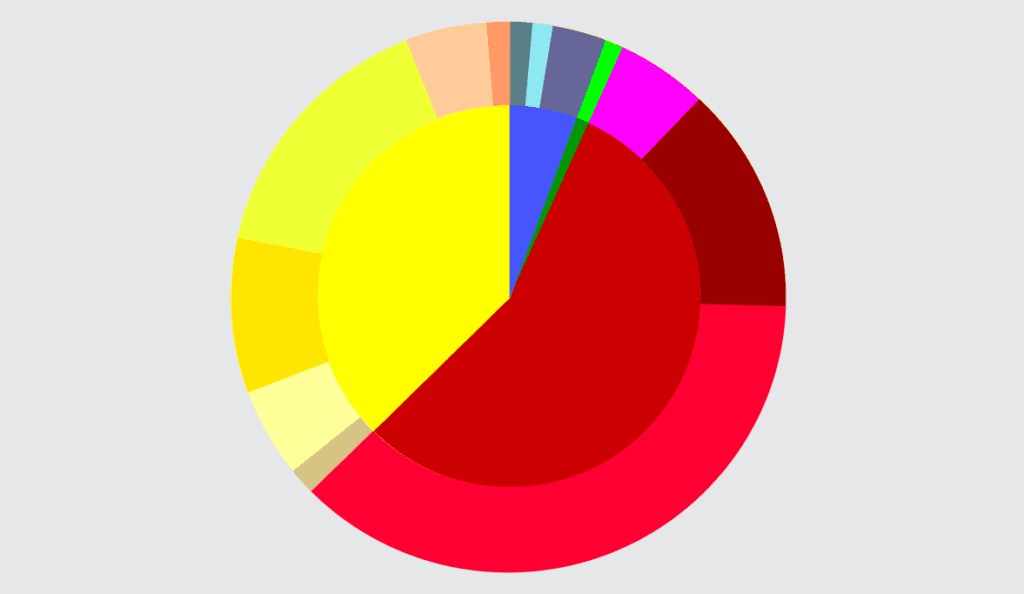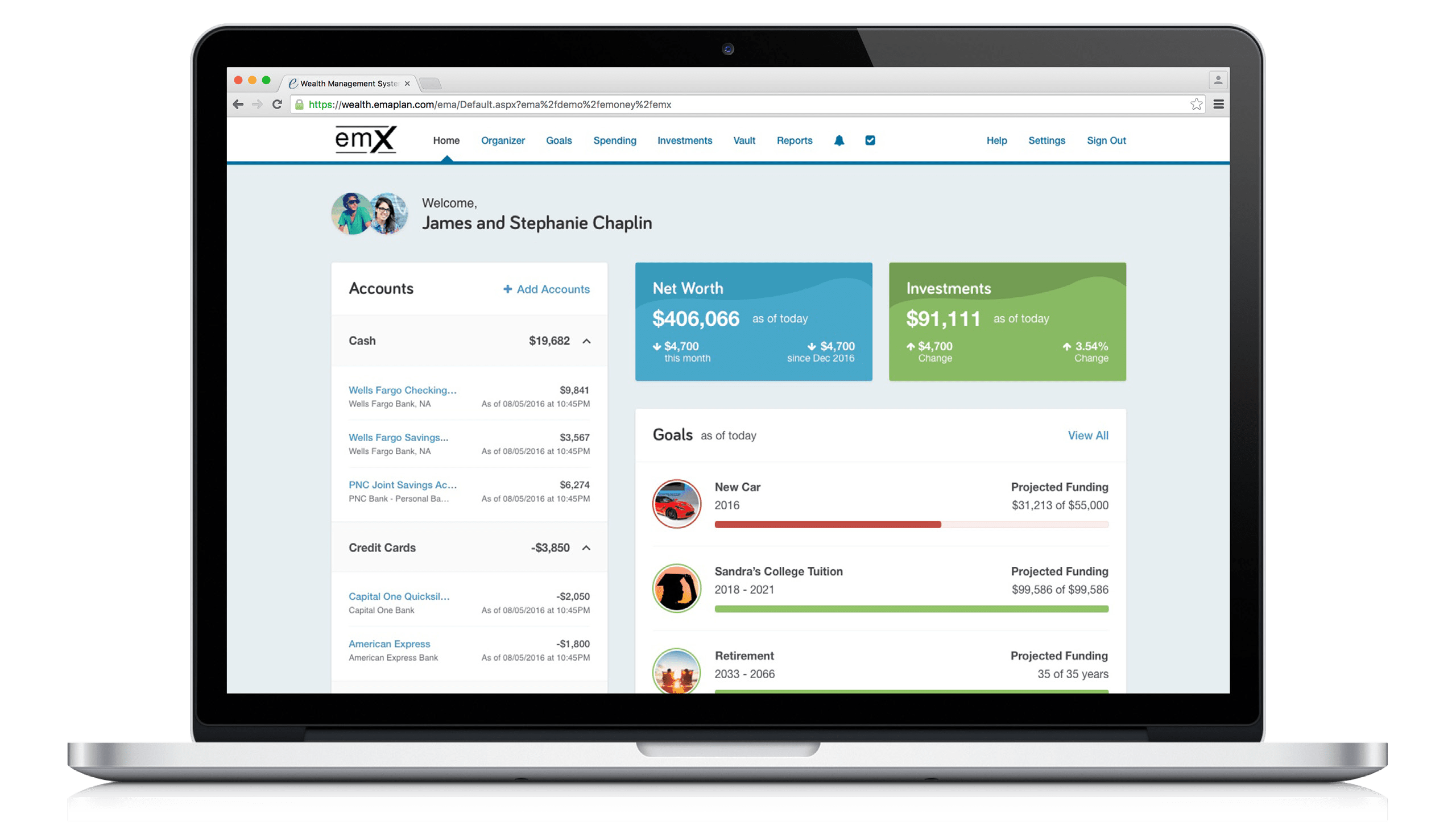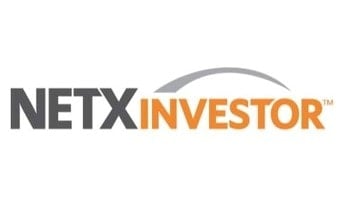What’s the hardest part of creating a successful long-term financial plan? Is it investing? How about insurance analysis? Long-term care planning? Social Security planning? Tax Planning? Actually, it’s none of those. For 98% of all the clients I work with the most difficult part of creating a workable financial plan is simply knowing how much they are currently spending, and, by extension, being able to accurately estimate what it’s going to cost to fund the lifestyle they want in retirement.
Before you disagree with me on this, consider the following: if you don’t know what you’ll want or need to spend after you stop working, how can you possibly know how much income you’ll need to create for yourself? If you don’t know how much income you’ll need, how can you calculate what your target portfolio size should be or decide on an appropriate investment strategy? And unless you know how much you need to save, how can you know at what age you’ll have enough to retire?
Now, if you concede that knowing how much your retirement will cost is at least critical piece of information, you may be thinking: “No problem, that’s easy.” In fact, you think you already know. But you would be wrong! The truth is, unless you’re one of the 2% of individuals who carefully track everything they spend, the evidence shows that you will misestimate (probably under-estimate) your current living expenses by at least 20%, and perhaps by as much as 50%! In other words, you really have no clue.
Why is such a seemingly simple thing as expense tracking so difficult? More importantly, what can we do about it?
I believe there are three main reasons why knowing what you spend is so difficult. The first is that most of us have allowed our financial lives to become almost impossibly complicated. We have multiple financial accounts across different institutions. We spend not only cash but also on credit. We shift our spending from one source to another arbitrarily to make our cash flow work. In other words, what we do is complicated; and as a result, we have made keeping track of it all a matter of rocket science.
The second reason, however, is that our brains weren’t really designed for this kind of activity. Our natural inclination is to pay attention to things that are concrete, regular, and recent. We simply tend to forget everything else. We remember that we pay for rent (or mortgage) and food and our cell phones, but the other stuff is, frankly, a blur. We are unaware of our tax burden because it gets deducted from our paycheck up front. (Someone was pretty smart to have thought of that one.) We will swear that we don’t “buy stuff,” but forget to include services and intangibles like gym memberships, childcare, cleaning & yard help, and Netflix in the “stuff” category. To top things off, we completely lose sight of the big expenses that pop up only once or twice a year – not to mention the myriad of small and large but unforeseeable expenses that change from year to year.
The final reason that we, as human beings, struggle with keeping good spending records is that we are simply programmed for efficiency of near-term results. That’s a nice way of saying that we’re all inherently lazy. We tend not to do things that don’t have an immediate and concrete benefit. That was probably a very beneficial trait to have had when our survival depended on hunting & gathering as much food as possible for the lowest level of effort. But it’s not very helpful in a modern world where our long-term well-being depends on a lot of abstract effort that won’t bear fruit for decades to come.
So what should we do? I have two suggestions.
First – and foremost – simplify your financial life as much as possible. Make this a prime directive. If you aren’t using a bank account, close it. Consolidate your investment accounts. Roll over your legacy 401(k) balances to an IRA. Cut up all of your credit cards save one (ok, maybe two), and steadfastly reject all offers to accept new credit cards from each and every store you buy something from. (This one can take fortitude and perseverance, as I know from personal experience.) If you do these things, you’ll eventually be working with a financial structure that you can actually understand, and that’s the first step.
Then, let’s assume that you’re not actually up to detailed, bottoms-up expense tracking, or this wouldn’t be an issue for you in the first place. There’s actually a technique you can use to pretty accurately know what your annual spending for any one year has been. Here’s what you can do:
- First, get your tax return for the year and note down your adjusted gross income (line 37). Subtract capital gains or loss (line 13) and total tax payment (line 74). In other words, start with how much of your salary you actually kept and could spend. If you live in a state with income tax, you will also need to subtract what you withheld or prepaid in income tax for that state.
- Second, subtract any net increases to your various after-tax financial accounts, such as checking and savings accounts. If an account balance is smaller, you will be subtracting a negative number because you withdrew from that account over the year. For investment accounts, you need to know how much you actually contributed (or withdrew) because year-end balances reflect not only net contributions but also investment returns.
- Finally, add any net increases in credit balances at the end of the period. This step is the inverse of #2 above. If your credit balances shrank for the year, you add a negative number to your spending estimate.
That’s it! Add those three totals up and you have a very good estimate of your spending for the year. If you don’t believe the number you see, remember what I said about how difficult it is to estimate these things in our heads. If done correctly and completely, these numbers don’t lie.
If you’re shocked at the result and want to know where all your money went, you might be inspired to actually track these things. Either way, you’ll have taken a first, critical step toward a successful and financial secure retirement.
4 November 2015



